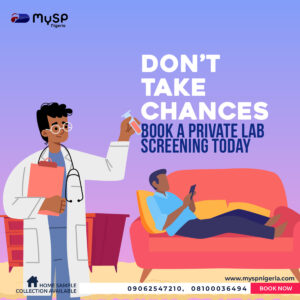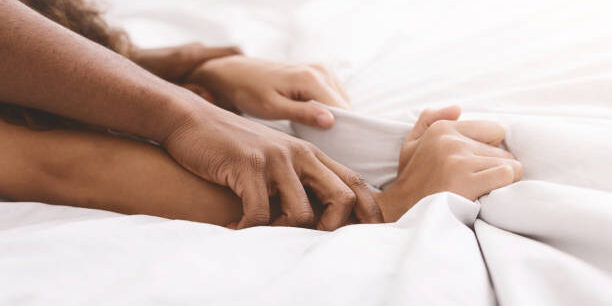There is this popular issue about what you should or should not do after sex.
Although many people have their own opinions about this topic, many of these opinions are often wrong and can be consequential.
Well after all that has been said;
Here are 11 Things You Should And Should Not Do After Sex
Make cleanup simple.
Drug stores sell a lot of wipes, lotions, and sprays that promise to “freshen up” your private parts in addition to douches.
Some of them contain harsh soaps, shampoos, detergents, fragrances, or lotions that might cause breakouts on your skin.
Just keep to rinsing gently with warm water after sexual activity.
Also do stay away from scented tampons, pads, powders, and sprays, particularly if you are prone to infections.
Empty Your Bladder
Your urethra, the tube that removes pee from your body, can get contaminated with germs during intercourse.
Your risks of becoming sick are increased by this. You eliminate such bacteria when you urinate. So take advantage of some cuddling time with your man or woman before using the restroom.
In order to prevent the transmission of germs, women should wipe from front to back.
Clean up
It’s not necessary to climb out of bed and head straight for the shower.
However, after sex, both sexes might benefit from a gentle self-cleanse to avoid illnesses such urinary tract infections (UTIs).
Use basic, warm water to wash the surrounding areas of your genitalia, avoiding the interior.
You might try gentle soaps, but they can dry out or aggravate the area if you have sensitive skin or an infection already.
Men should cleanse their foreskin by gently pulling it back.
Have a glass of water.
Don’t forget to drink water since it’s a good idea to urinate after rolling in the hay. Staying hydrated causes you to urinate more, which flushes more germs from your body before illnesses develop.
Wash your Sex toys

Bacteria, viruses, and fungus might linger after you’ve treated them. As a result, your toys may spread diseases and STDs.
Every time you use a toy, clean it; follow the cleaning directions on the package. Sharing toys with others is not a good idea since it spreads germs.
If you do want to share, make an effort to cover the toy with a fresh condom after each usage.
Wear Comfortable Clothes
Bacteria and yeast flourish best in warm, humid environments. Wear breathable clothing and undergarments.
Women should stay away from tight clothing such as girdles and panties. Both men and women may wear cotton underwear since it is airy and absorbs moisture.
Or just forgo wearing underpants when you go to bed.
Clean up your Hands
It’s the most effective approach to get rid of any bacteria you could get from touching your genitalia or those of your partner.
That is important in preventing the spread of illnesses. Make it a part of your post-sex cleanup routine to wash your hands with soap and clean water.
Treat any yeast infections you may have
These can be exchanged between partners while having sex. (Yes, yeast infections can also affect men.) Therefore, if you experience the itching, burning, or a thick, white discharge from the vagina or penis, receive treatment before your next busy day.
Pregnant? Exercise Extra Caution
Pregnancy is generally safe for sex, although you are more susceptible to diseases like UTIs.
Therefore, it’s even more crucial to attend to the fundamentals following sex: urinate, cleanse the area surrounding your vagina, and drink water. Urge your companion to follow suit.
Don’t douche
Some women believe that after having intercourse, they must wash their vagina with water or prepared fluids. Douching, however, might result in additional illnesses.
This is due because it disturbs the normal balance of germs in your vagina. Leaving your vagina alone after sex is the best course of action since it automatically cleans itself.
Remember that a moderate odor is common and may not indicate a problem.
Consider Getting Tested

It’s a good idea to get tested for STDs if you engage in sexual activity, especially if you recently started dating someone.
Testing is the only method to definitively determine whether you have one of these illnesses because they frequently have no symptoms.
Additionally, keep an eye out for signs such as discharge, soreness, blisters, ulcers, patches, or lumps in the area of your genital area.







1 Comment